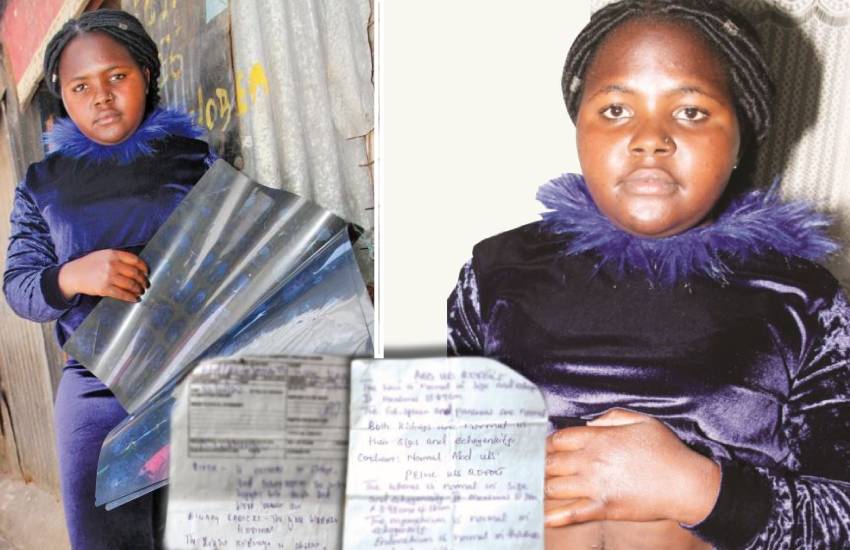
A few weeks ago, Ivine Kinagu, 22, walked into a priest’s office in Mukuru kwa Njenga slums with disturbing news. She had done all she could do to get answers. Now, she had left all to God and hoped that the priest behind the wooden door would intercede and give her something to numb the pain that was slowly but surely gnawing at her soul.
She had suspicions. She strongly wished that the medical report in her hands was wrong. She desperately wanted to blink away her current reality and start all over again. But she could not. Every knock on the priest's door confirmed that this was not a dream.